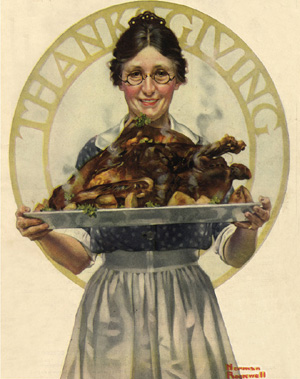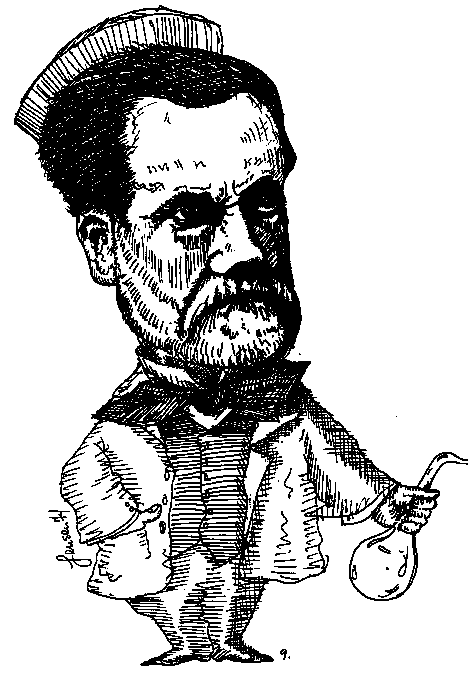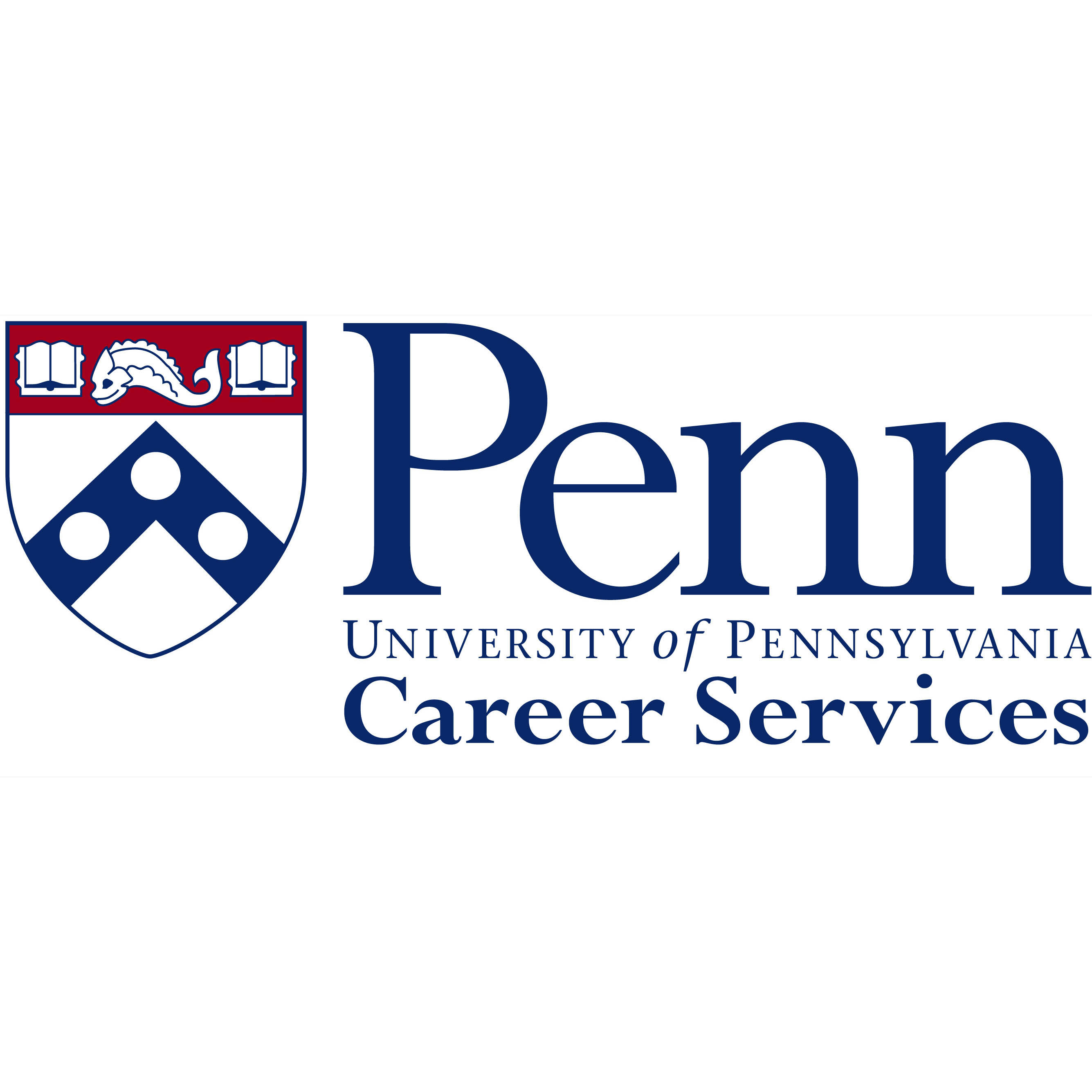by Julie Vick
At this time of year many of my colleagues and I are helping students prepare for interviews. Such preparation might include doing a mock interview. Mock interviews are great because you can become familiar with talking about yourself and your qualifications in relation to a specific job opportunity. You get a tiny feel for what it might be like to interview for the job before you do it.
So if a mock is preparation for a real interview what should one do to prepare for a mock interview? Having conducted hundreds of mock interviews over the years and seen many students and postdocs increase their confidence level because of them, I have a few suggestions:
- Do your homework. Know as much as you can about the employer. Yes, go over the website but also read what others have written about the organization or company.
o If you are interviewing for a position at a college or university, see if it is mentioned in any articles in The Chronicle of Higher Education.
o If you’re interviewing with a large company, search The Wall Street Journal and, if it’s a pharmaceutical, Science Careers.
o Don’t forget to look at city papers for local news.
o If you need help identifying resources on different kinds of employers, check with you career counselor or with a reference librarian.
- Put on your suit and good shoes and walk around in them. If there’s no blizzard and your schedule permits, wear your interview clothes to the mock interview.
o Bring the job description and the materials you used to apply with. An employer can ask about anything on your resume or CV so be sure you have the one that got you the interview, not a different version.
o If there are questions you are worried about answering be prepared to ask the counselor with whom you’ll do the mock to incorporate those questions in with others. Sometimes people worry about how to talk about a gap in their experience, an abandoned degree program or an unusual job. Become comfortable talking about what makes you uncomfortable.
- Have a productive conversation about your mock interview with your career counselor. Listen to his or her observations; they’re not criticism of you but recommendations to help you have a good interview.
To set up a mock interview, call the phone number for the Career Services team that works with students in your school. If you’re not sure what number to use, check the Staff Directory.
Happy interviewing.








